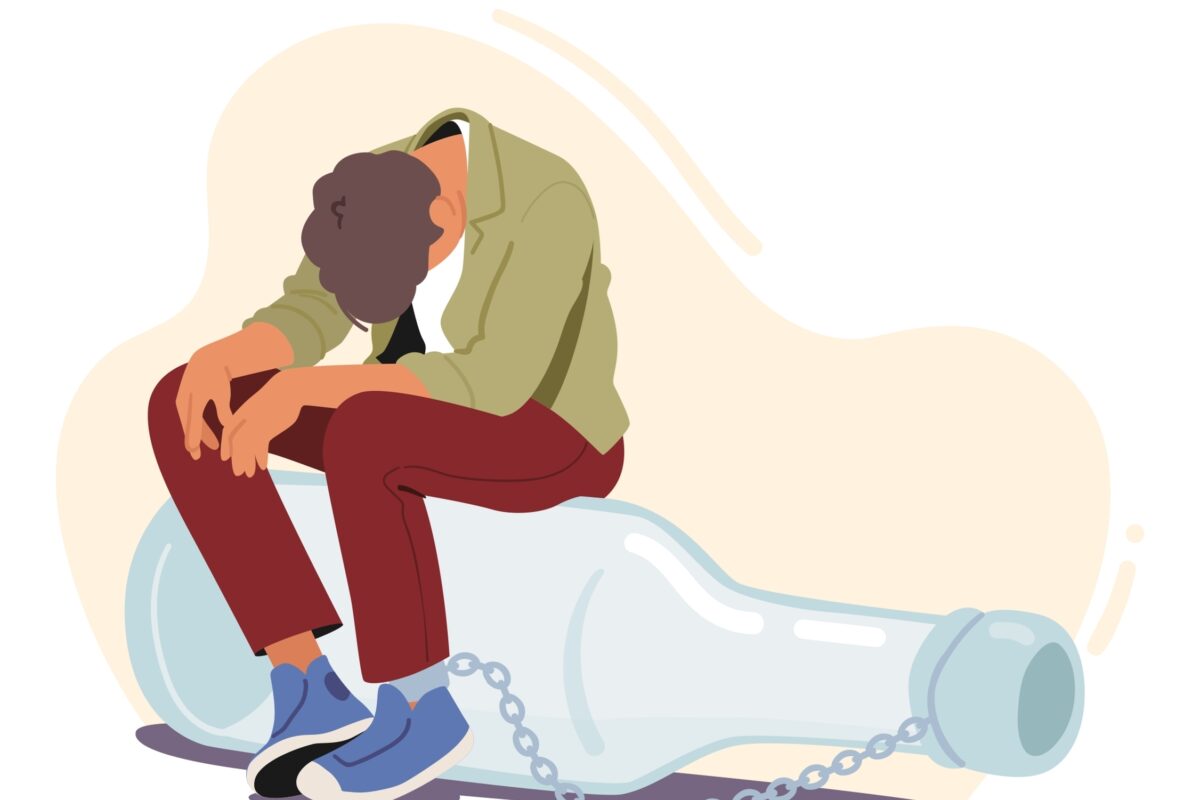Recovery from addiction is a journey filled with challenges, self-discovery, and transformation. Along this path to healing, forgiveness is one of the most powerful tools at our disposal. In this blog post, we will explore forgiveness’s profound role in addiction recovery, both in terms of forgiving others and, perhaps most importantly, forgiving ourselves.
Excel Treatment Center is a trusted drug rehab in New Jersey. Contact us today to learn more about our New Jersey addiction treatment services that can help you on your recovery journey.
The Weight of Resentment
Addiction often leaves a trail of broken relationships, betrayals, and hurt feelings. Holding onto resentment and anger towards those who may have contributed to our addiction can be a significant barrier to progress. Forgiveness, however, can help us unburden ourselves from this emotional baggage. It doesn’t mean condoning or forgetting the past, but rather, it’s a conscious choice to release the negative emotions tied to it. By forgiving others, we can liberate ourselves from bitterness and resentment.
Self-Forgiveness: The Heart of Healing
While forgiving others is essential, self-forgiveness is at the heart of addiction recovery. Many individuals battling addiction carry guilt, shame, and self-loathing for the harm their addiction has caused to themselves and others. Learning to forgive oneself is often the most challenging and transformative aspect of the recovery journey. It involves acknowledging past mistakes, taking responsibility for one’s actions, and letting go of the self-destructive emotions that can perpetuate addiction.
How to Practice Forgiveness in Recovery
- Self-Reflection: Take time to reflect on your past actions and their impact on your life and the lives of others. Recognize that your past mistakes do not define you.
- Seek Support: Join a support group or work with a therapist who can provide guidance and a safe space to explore and discuss forgiveness.
- Make Amends: When appropriate and without causing harm to others, make amends for past wrongs. This can be a powerful step in the forgiveness process.
- Practice Self-Compassion: Treat yourself with the same kindness and understanding you would offer to a struggling loved one.
- Mindfulness and Meditation: These practices can help you stay present and develop a more compassionate attitude towards yourself and others.
The Healing Power of Forgiveness
As you embark on your journey of addiction recovery, remember that forgiveness is not a destination but a continuous process. It’s a tool that can help you release the past, heal emotional wounds, and create a brighter future. Embracing forgiveness, both for others and for yourself, can pave the way for a life free from addiction and full of hope, growth, and happiness.
At Excel Treatment Center, we understand the importance of forgiveness in addiction recovery. Our compassionate and experienced team is here to support you every step of the way as you chart a new course towards a healthier, more fulfilling life. If you or a loved one are seeking addiction help, please get in touch with us today. You don’t have to walk this path alone.
The Role of Accountability:
Forgiveness doesn’t mean excusing or ignoring harmful behaviors. Maintaining healthy boundaries and holding individuals accountable for their actions is essential. In a recovery community, accountability can work hand-in-hand with forgiveness. Being responsible for your actions and accepting the consequences while allowing others to make amends can create an environment where forgiveness can thrive.
Forgiveness can be a daunting process, and it’s common to encounter obstacles along the way. Some individuals may struggle with forgiveness because they fear it implies weakness or condoning harmful behavior. It’s crucial to understand that forgiveness is an act of strength and self-empowerment, not weakness. Others may grapple with deep-seated resentment or struggle to forgive themselves. In these cases, seeking professional help or guidance from a therapist can be immensely beneficial.
Forgiveness in addiction recovery isn’t limited to the individual alone; it has a ripple effect on relationships and communities. Forgiving others can lead to the restoration of trust and the rebuilding of connections that may have been damaged by addiction. Self-forgiveness, in turn, can lead to increased self-esteem and self-worth, essential components of a successful recovery.
Excel Treatment Center Offers Quality Addiction Treatment
As you continue your recovery journey at Excel Treatment Center or any other facility, remember that forgiveness is a tool that can reshape your life. It’s a process that may take time, effort, and the support of a compassionate community, but the rewards are immeasurable. Through forgiveness, you can break free from the shackles of addiction, heal emotional wounds, and embrace a brighter future filled with hope and transformation.
Incorporating forgiveness in your recovery plan can be pivotal to lasting sobriety and personal growth. Excel Treatment Center supports you on this path, offering a range of therapeutic approaches and a caring team dedicated to your well-being. Contact us today to learn more about how we can help you navigate the journey of addiction recovery with forgiveness as a guiding light. Together, we can chart a new course toward a healthier, happier, and more fulfilling life.




